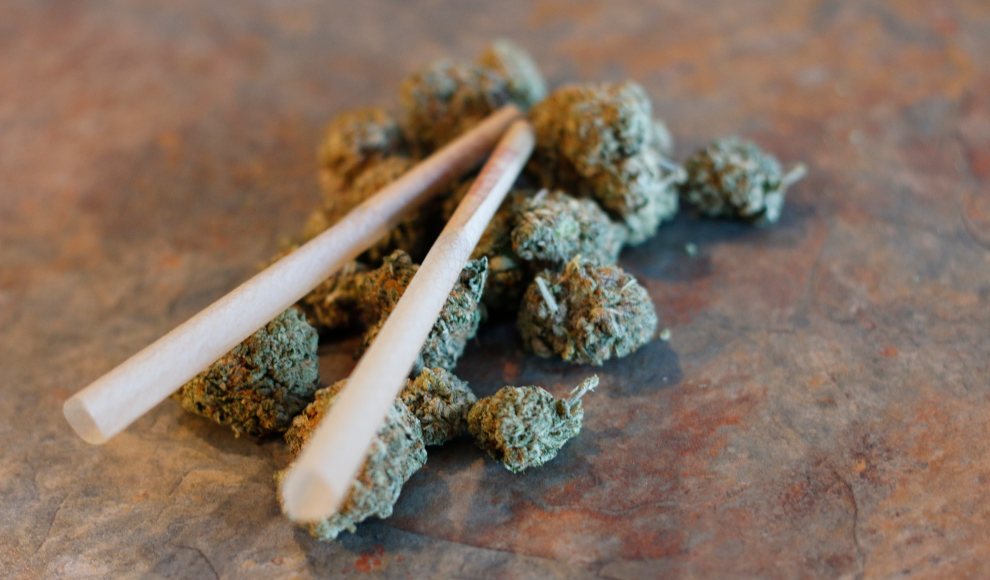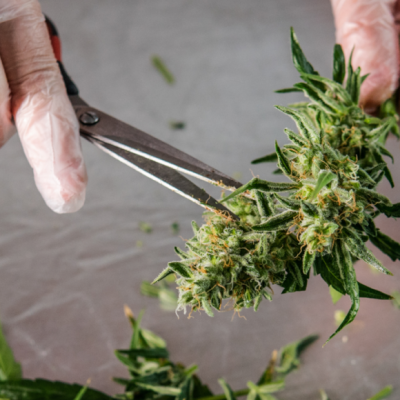The legalization of cannabis has been found to lead to an increase in non-violent crime, particularly drug and disorderly offenses. However, a cost-benefit analysis shows that the increase in crime is offset by the high tax revenues generated. A recent study by the City University of New York (CUNY) examined the changes in crime rates for violent, disorderly, drug, and property offenses in Denver, Colorado, before and after the legalization of cannabis. The study found that there were no changes in crime rates for streets with recreational cannabis dispensaries, but property offenses increased by 18% compared to streets without dispensaries. Additionally, drug and disorderly offenses increased by 17% and 28%, respectively, in streets near recreational dispensaries. However, these changes were not significantly different from comparison streets.
The study also conducted a cost-benefit analysis, comparing the costs of higher crime rates with the local sales and tax revenues of recreational cannabis dispensaries. The researchers found that the additional tax revenues from the dispensaries offset the increase in property offenses. For every dollar associated with the increase in property offenses, the dispensaries generated more than $309 in sales revenue. The study’s authors suggest that while the increase in non-violent crime must be considered when evaluating the legalization of recreational cannabis, the significant revenues generated by the dispensaries may incentivize other jurisdictions to tolerate such increases for the potential financial benefits of legalization.
The legalization of cannabis has been a topic of debate for many years, with proponents arguing that it can generate significant tax revenues and reduce crime rates. However, the study by CUNY suggests that while the legalization of recreational cannabis may lead to an increase in non-violent crime, the tax revenues generated by dispensaries can offset these increases. The study’s findings may provide valuable insights for policymakers considering the legalization of recreational cannabis in their jurisdictions.










